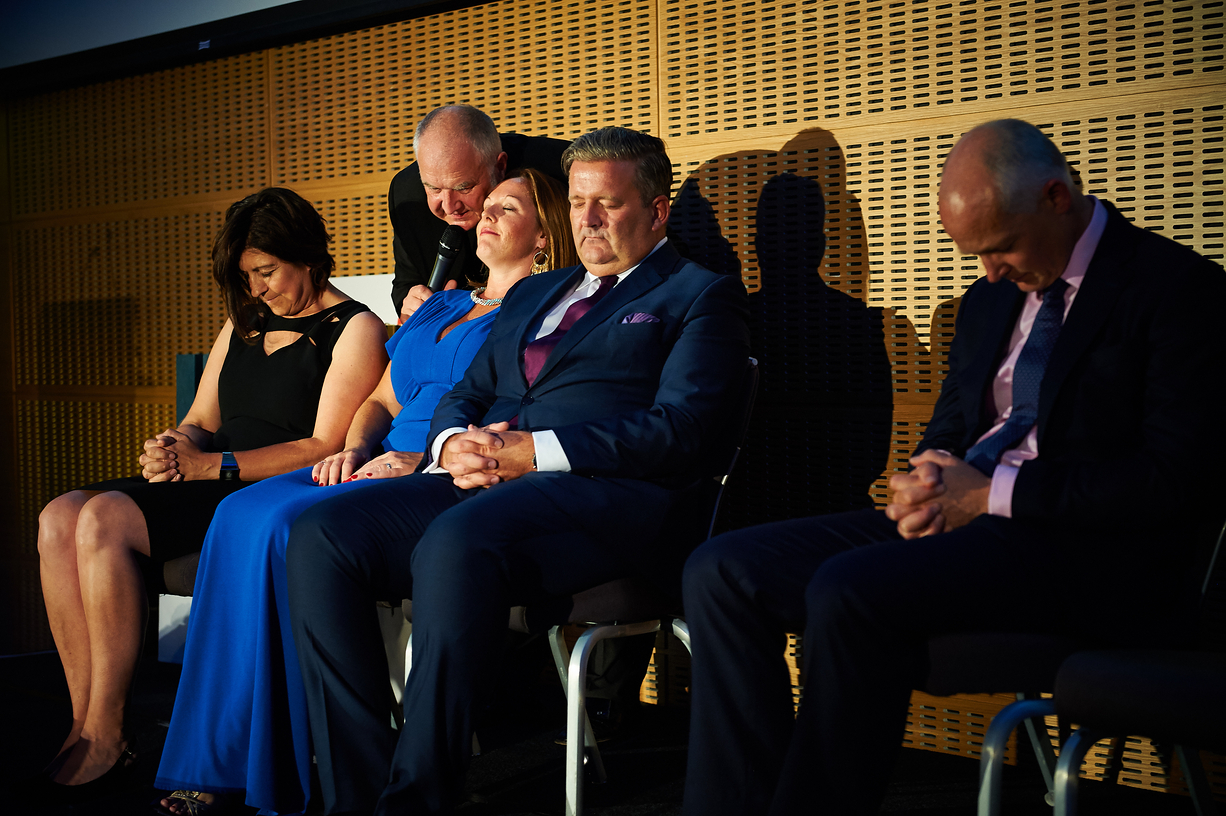Stage Hypnotist Show
When given the term ‘Stage Hypnotist’ or ‘Comedy Hypnotist’, many people start imagining strange figures. Men with swinging pocket watches, an image that is frequently characterised in movies, books and on television. A sinister man with a strange goatee beard swings his pocket watch backwards and forwards, guiding his volunteers into a zombie, coma like state, or saying words like:
“Look into my eyes, not around the eyes, look into the eyes!”
Once on stage and hypnotized, the volunteers are commanded to obey his every wish, no matter how unusual or immoral the suggestions. Muttering “Yes, master,” the subject then does the stage hypnotists evil bidding. This is often known as the ‘Svengali effect‘ (named after the famous ‘George Du Maurier‘ character from the novel ‘Trilby’).
This common image bears little resemblance to true hypnosis or stage hypnotism, of course. Modern day beliefs about hypnosis oppose this on several major points. Hypnotized subjects aren’t slaves to their “masters” plus they do have total free will (and are able to reject ANY suggestions they wish). They are not really in a coma or sleep like state; they are actually hyper-attentive.
Current day understanding of hypnosis has moved on leaps and bounds during the last decade, but the hypnotic phenomena still remains very mysterious. It is commonly thought that Hypnosis was first being used before historical records can show. There are drawings, images, pictures tales and reports of people in lands far away like Egypt, Africa, India and Australia using rhythmical chants, strained fixation and monotonous drum beats to gain entrance into a form of ‘trance state’. This would happen often during things like a ‘religious ceremony’ or a ‘healing ceremony’.
Even though it would appear that a form of ‘hypnotic state’ was used back in those times, it wasn’t given the name of ‘hypnosis’ until 1842, when a Scottish surgeon called James Braid (1775-1860) took the Greek word “hypno” with means “to sleep” and coined the term hypnosis.
There have been demonstrations of hypnotism taking place all over the world right throughout history. However, the reputation of stage hypnosis was to eventually fall into disrepute after there were found to be numerous fakes and charlatans performing crude routines and using paid stooges.
The 1952 hypnotism act was reviewed again in 1994 by a panel of experts set up by the Home Office to examine any evidence of possible harm to anyone taking part in public hypnosis shows, and to review the effectiveness of the current laws governing stage hypnotists and hypnotism for entertainment. Publication of this report was announced in parliament in 1995. The conclusion was that “there was no evidence of serious risk to participants in stage hypnosis, and that any risk which does exist is much less significant than that involved in many other activities.”
Back in the room – TV stage hypnotist
Stage Hypnosis has even become popular on television again, being featured in such programmes as ‘Britain’s got talent‘ and ‘Back in the room’ .

